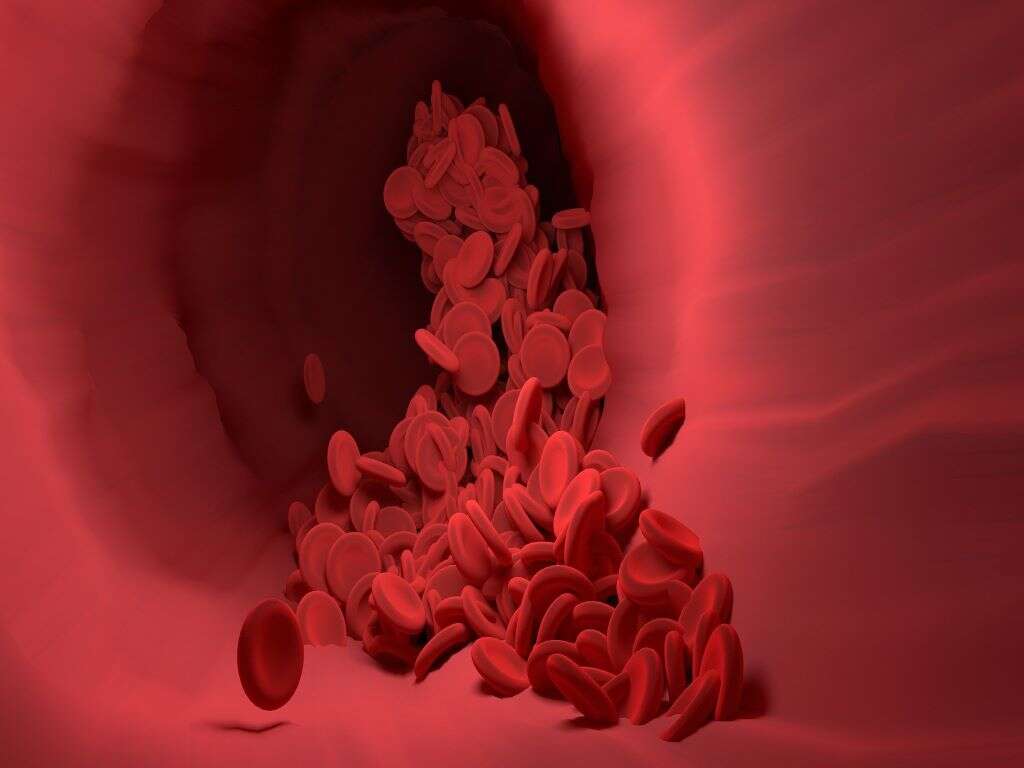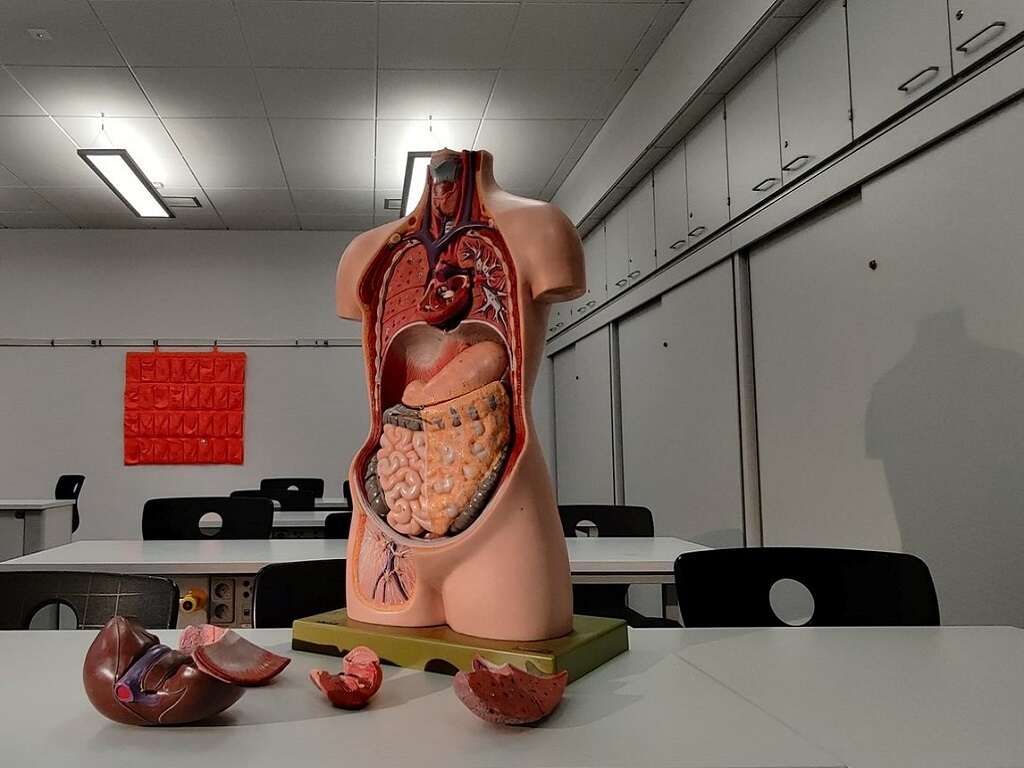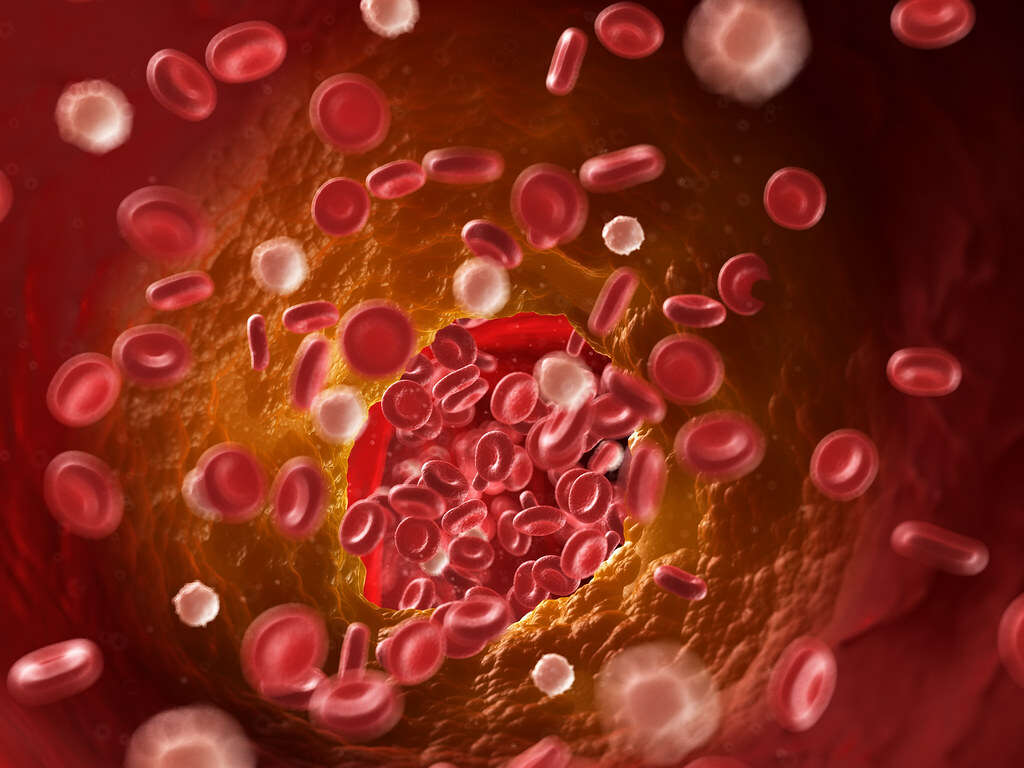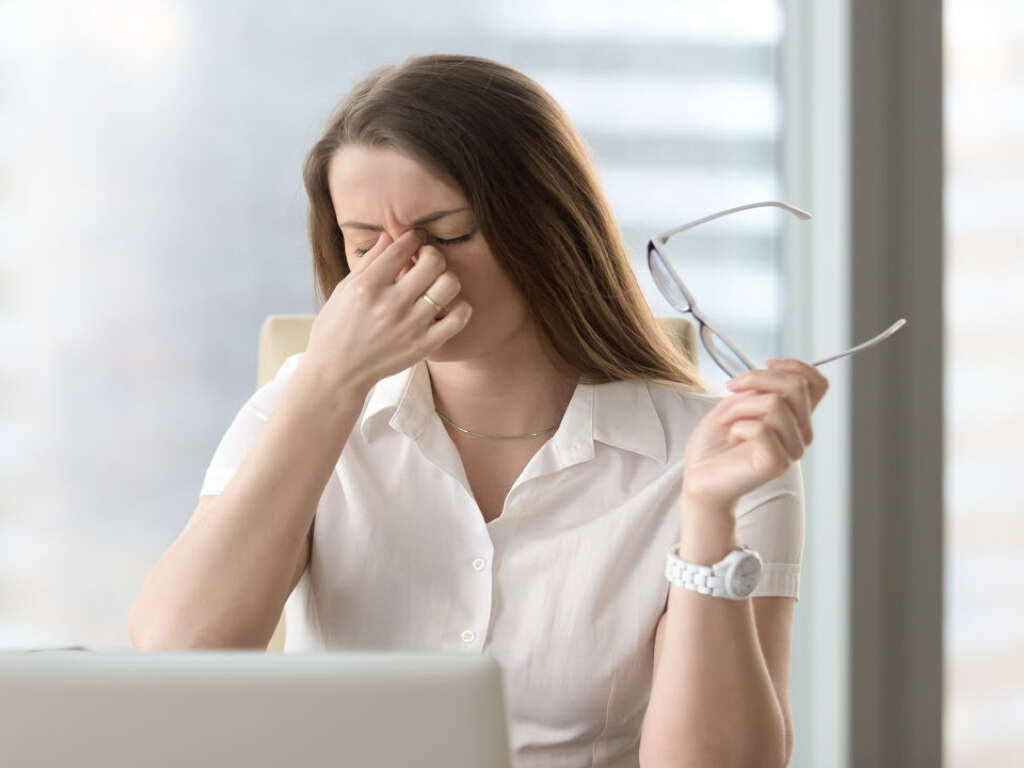10 Causes of Syncope
Our circulatory system contains vessels that are constantly carrying blood throughout our bodies. Usually, oxygen and other resources are shared through these vessels as they are needed throughout the various organs and parts of the body. If there is a shortage of oxygen, for whatever reason, the body needs to prioritize distribution to ensure the essential organs get what they need.
If there is a temporary shortage of blood flowing to the brain, it will shut off all non-essential systems to help protect those that are essential. This shortage is often caused when blood pressure drops, resulting in a decrease of oxygen flowing to the brain. The result is commonly called fainting and the medical term is syncope. Syncope can be psychological as well as physical.
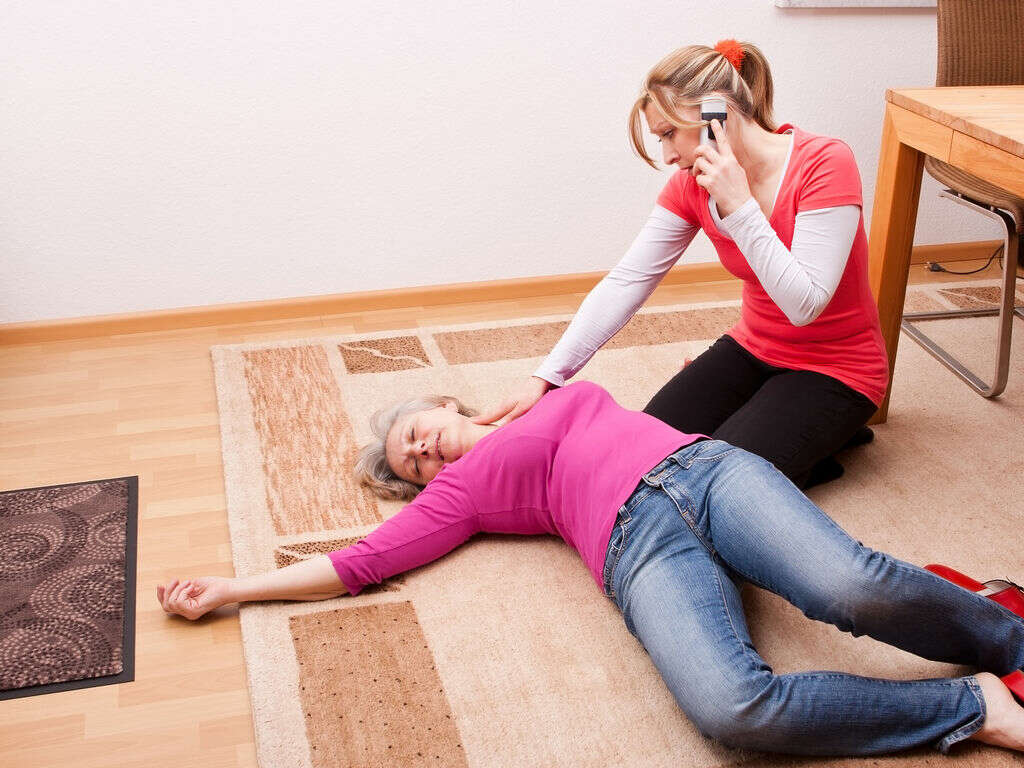
Cause #1: A Visual Shock
Sometimes we may see something so shocking to us that it causes a temporary malfunction of the autonomic nervous system (ANS). This malfunction can cause, among other things, a significant drop in blood pressure and heartbeat, resulting in a reduction in the flow of blood to the brain.
With insufficient blood flowing through the body, the brain will go into defense mode, potentially causing the person to faint. People are less likely to have such a reaction to such visuals the more they are exposed to them over time. Such visuals can include things like gore or other extreme events.

Cause #2: Emotional Shock
Every now and then we are likely to hear something that will have a terrible impact on our lives. Often it will be the news of the death of somebody close, but it could also include other things such as financial loss or legal issues. When the news hits suddenly, it can have a considerable impact on our physical system.
Suddenly hearing of something shocking can trigger a temporary malfunction of the autonomic nervous system, resulting in a loss of oxygen to the brain and causing fainting. The patient will come around again before long, but it is important to remember that they are currently undergoing an emotional trauma. It would be best to remain with them until they recover.
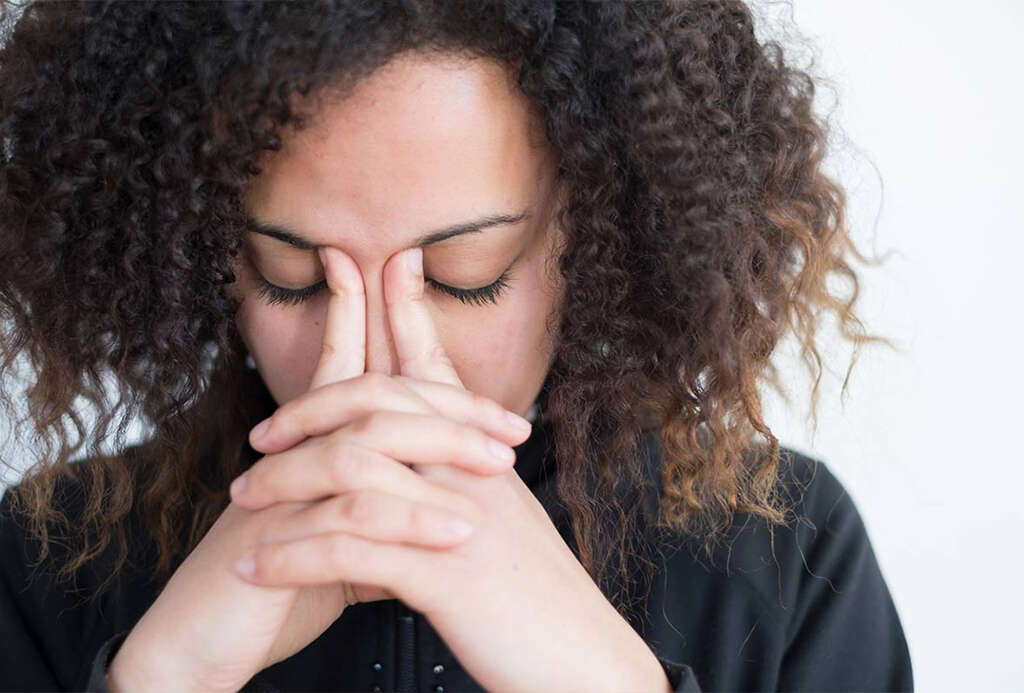
Cause #3: Sudden Embarrassment
Things don’t always go as smoothly as we would hope, and we often have a lot pinning on certain events. Outcomes that don’t go according to plan, particularly those that involve a serious mistake or misjudgment on our part, can lead to considerable embarrassment. In some cases, this embarrassment can be a bit much to take in.
A sudden sensation of being extremely embarrassed can be enough to instigate a malfunction of the autonomic nervous system, causing us to faint. While we will regain consciousness shortly after, the feeling of embarrassment may take some time to go away altogether.

Cause #4: Standing Still Too Long
Humans have evolved to spend a lot of time on their feet, so prolonged periods of time spent upright are usually not a problem for us. When fit and healthy, we can often travel great distances by walking or even running. This ability to travel far helped us to thrive when we were still living in the wild as it allowed us to find the food and shelter we need.
While we are used to being upright when on the move, standing still for a long time is something we are not so used to. If we are not walking or running, we usually sit or lie down until it’s time to move again. However, stand still for too long and you might find that you pass out from decreased oxygen to the brain.
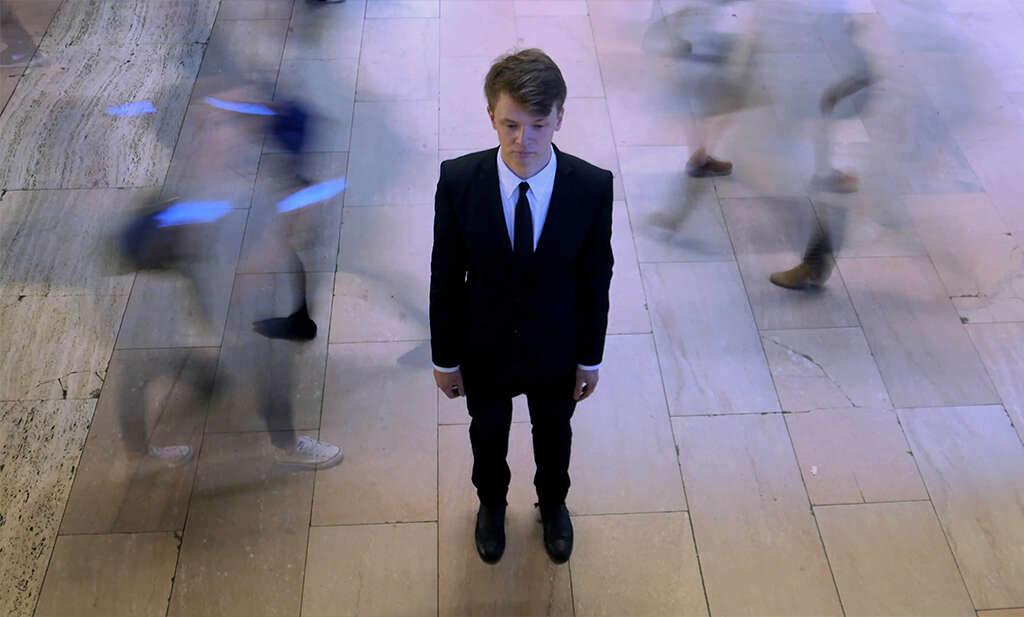
Cause #5: Coughing Or Sneezing
Coughing and sneezing are quite useful processes. They help our bodies eject unwanted items, clearing passages so that we can eat or breathe clearly. In some cases, coughing and sneezing can even help to save our lives and are powerful defense mechanisms against disease.
The action of coughing or sneezing can be quite violent though, as a lot of pressure is often required to force the unwanted items from the body. While stories of peoples’ eyes popping out after a cough or sneeze are untrue, the force of coughing or sneezing can lead some people to experience syncope.

Cause #6: Urinating Or Defecating
Visits to the smallest room in the home are something that we all need to do several times a day. While what happens there is not particularly pleasant, it is certainly necessary as we must rid ours bodies of the accumulated waste that we don’t need. Such trips to the toilet are usually quite uneventful, even boring, but they can constitute a risk for some people.
Syncope while sitting on the toilet does happen in some people. It most often occurs as a result of straining too hard during a bowel movement, particularly in people with constipation. While passing out on the toilet is not necessarily dangerous, collapsing on what is usually a hard floor can lead to injuries.

Cause #7: Physical Exertion
When we work hard physically, our muscles require more oxygen and fuel than they do when at rest. This leads us to heavier breathing and faster heartbeats in order to provide our muscles with the additional resources they need. This can be particularly noticeable in people that are not used to physical exertion.
Often, we will need to stop and take a rest to allow us to catch our breath and increase oxygen levels. Sometimes, though, the lack of sufficient oxygen can lead to us passing out. While this is not necessarily dangerous directly, it can be a sign that you are pushing yourself too hard and need to step back a bit.

Cause #8: Standing Too Quickly
In addition to our heart acting as a pump, our circulatory system also uses a system of valves to help keep the blood flowing in the right direction. This system helps to push the blood back up through the body against the effects of gravity and is essential to keep oxygenated blood moving throughout the body.
Even though the circulatory system is effective in day to day operations, it is possible to place it under too much pressure. Stand up too quickly and you will find that the sudden increased pull of gravity on your blood temporarily reduces the oxygen flow to the uppermost part of your body… the head. This temporary lapse of oxygen in the brain can lead to syncope.
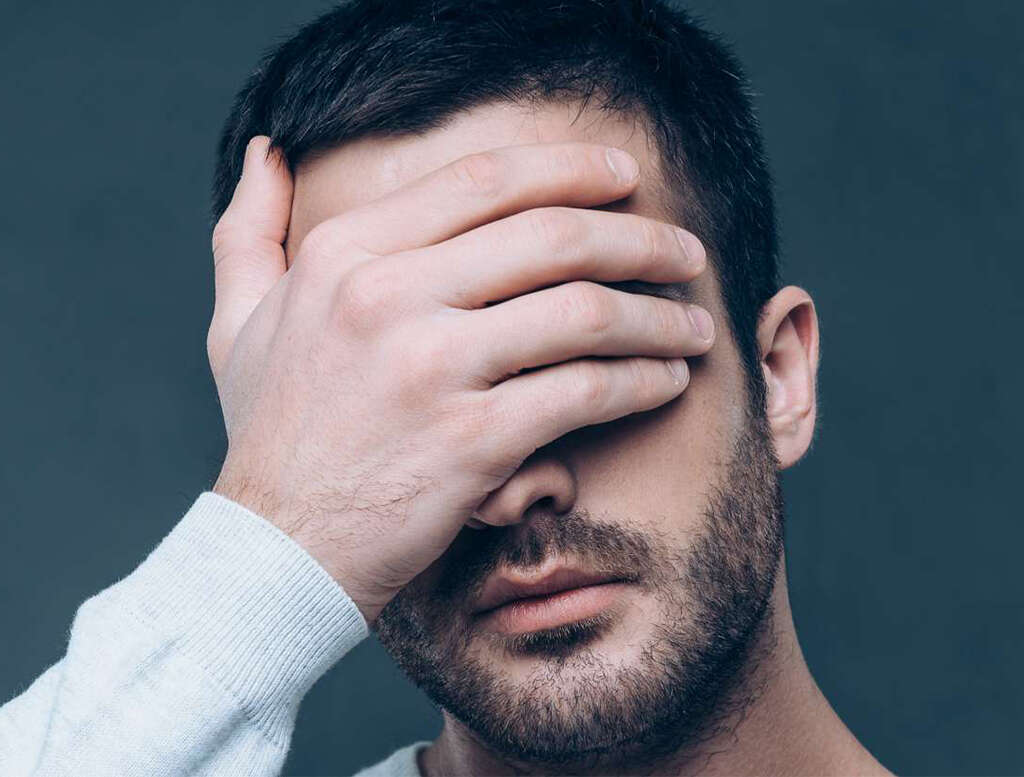
Cause #9: Excess Alcohol Consumption
Many of us enjoy a drink from time to time. Whether you are enjoying a glass of wine with a meal or on a night out with friends, alcohol can help you have a good time. While there are risks involved both in short term and long term consumption, it is usually not a problem provided we consume it in moderation.
Alcohol has a number of effects on the body, some of which can be quite alarming. One effect is that it can cause the blood vessels to dilate which will result in a drop in blood pressure. This can lead to syncope in cases of excessive consumption.

Cause #10: Heart Problems
The heart is one of the most essential parts of a healthy cardiovascular system. Without it, we would not be able to pump the blood we need around our bodies. Should we develop a problem with our hearts, one way we are likely to find out about it is episodes of syncope.
Not all heart conditions present an immediate threat to our lives but they can still have a considerable impact on our quality of living. One impact is the possibility of fainting because a faulty heart is unable to pump sufficient blood to the brain. Any heart problem could be potentially catastrophic if left untreated so you should always get the medical assistance you need.




